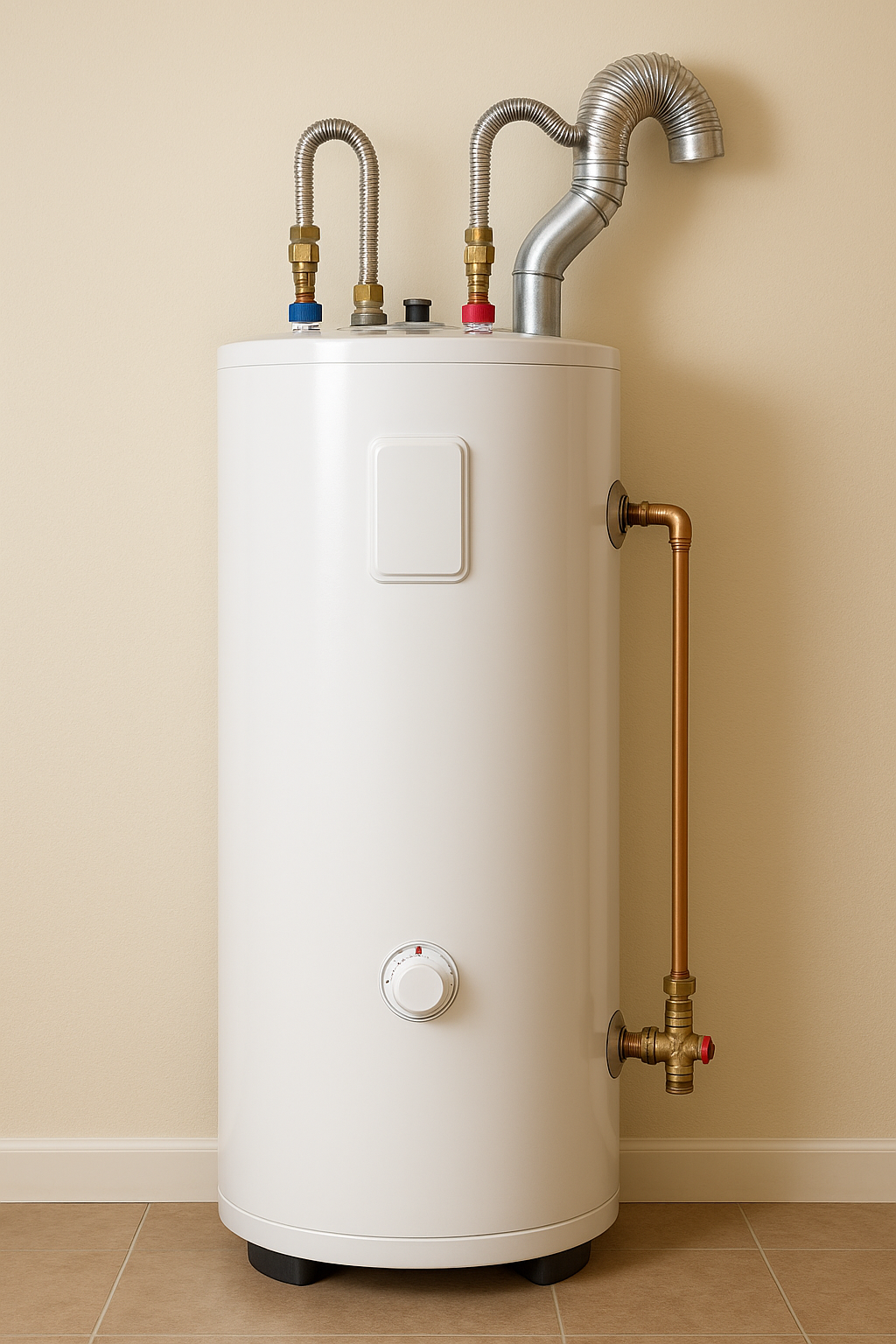A water heater is one of the most essential—and often underappreciated—appliances in any home. From hot showers and dishwashing to laundry and handwashing, water heaters play a critical role in everyday comfort and hygiene. While they typically operate quietly in the background, understanding how your water heater works, what types are available, and how to maintain it can extend its lifespan, lower your utility bills, and ensure a consistent supply of hot water year-round.
At its most basic level, a water heater takes cold water and raises its temperature using a fuel source—typically gas or electricity—then stores or delivers that hot water as needed. There are four primary types of water heaters: storage tank, tankless (on-demand), heat pump, and solar-powered. Each type has its advantages, energy efficiency levels, and best-use scenarios.
Storage tank water heaters are the most common. These units store a preheated reservoir of hot water—usually 30 to 80 gallons—which is readily available when you turn on a faucet or appliance. They’re relatively affordable and easy to install, but they can be less energy efficient since they constantly maintain a set temperature, even when hot water isn’t being used. This phenomenon is called standby heat loss.
Tankless water heaters, also known as on-demand systems, heat water only when it’s needed. Instead of storing hot water, these compact units use superheated coils or burners to quickly bring water up to temperature as it flows through the system. This eliminates standby losses and can offer unlimited hot water—making them ideal for larger families or homes with higher water demand. While tankless models have a higher upfront cost, they typically last longer and offer significant energy savings over time.
Heat pump water heaters work by extracting heat from the surrounding air and using it to heat the water in the tank. This process is incredibly energy-efficient—up to three times more than traditional electric water heaters. However, these systems require a warm, well-ventilated space to operate effectively, making them best suited for basements or utility rooms in moderate climates.
Solar water heaters use panels mounted on the roof to absorb sunlight, converting that energy into heat which warms the water. These systems are eco-friendly and can dramatically reduce utility bills, especially in sunny regions. However, they come with higher installation costs and usually require a backup system for cloudy days or increased demand.
Choosing the right water heater depends on several factors: the size of your household, available energy sources, space constraints, and long-term budget. For instance, a small household with modest water use might benefit from a compact electric tankless unit, while a large family in a sun-drenched region could save significantly with a solar-assisted system.
Maintenance is another critical component of water heater performance and longevity. Storage tank systems should be flushed annually to remove sediment buildup, which can reduce efficiency and lead to premature failure. Checking and replacing the anode rod every few years can also help prevent internal corrosion. Tankless models require periodic descaling—especially in areas with hard water—to prevent mineral buildup inside the heating elements.
Signs that your water heater may need attention include inconsistent water temperature, strange noises (like popping or rumbling), discolored water, reduced hot water pressure, or visible leaks around the base of the unit. In many cases, routine maintenance or a minor repair can extend the life of the unit, but systems nearing the end of their 8–12 year lifespan may warrant full replacement.
In terms of energy savings, look for models that carry the ENERGY STAR® certification, indicating they meet or exceed federal efficiency standards. Smart water heaters with Wi-Fi connectivity are also gaining popularity, allowing users to monitor usage, adjust temperature settings remotely, and receive maintenance alerts—all from a smartphone app.
In conclusion, a well-chosen and properly maintained water heater not only ensures everyday convenience but also contributes to home energy efficiency and cost savings. Whether you’re replacing an aging unit or building a new home, understanding your options allows you to make an informed decision that supports both comfort and sustainability.
